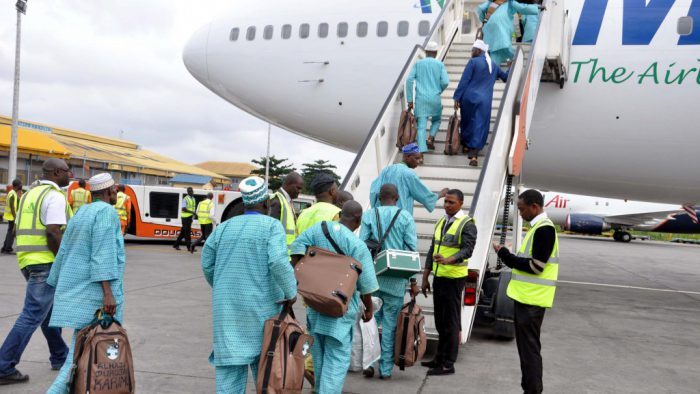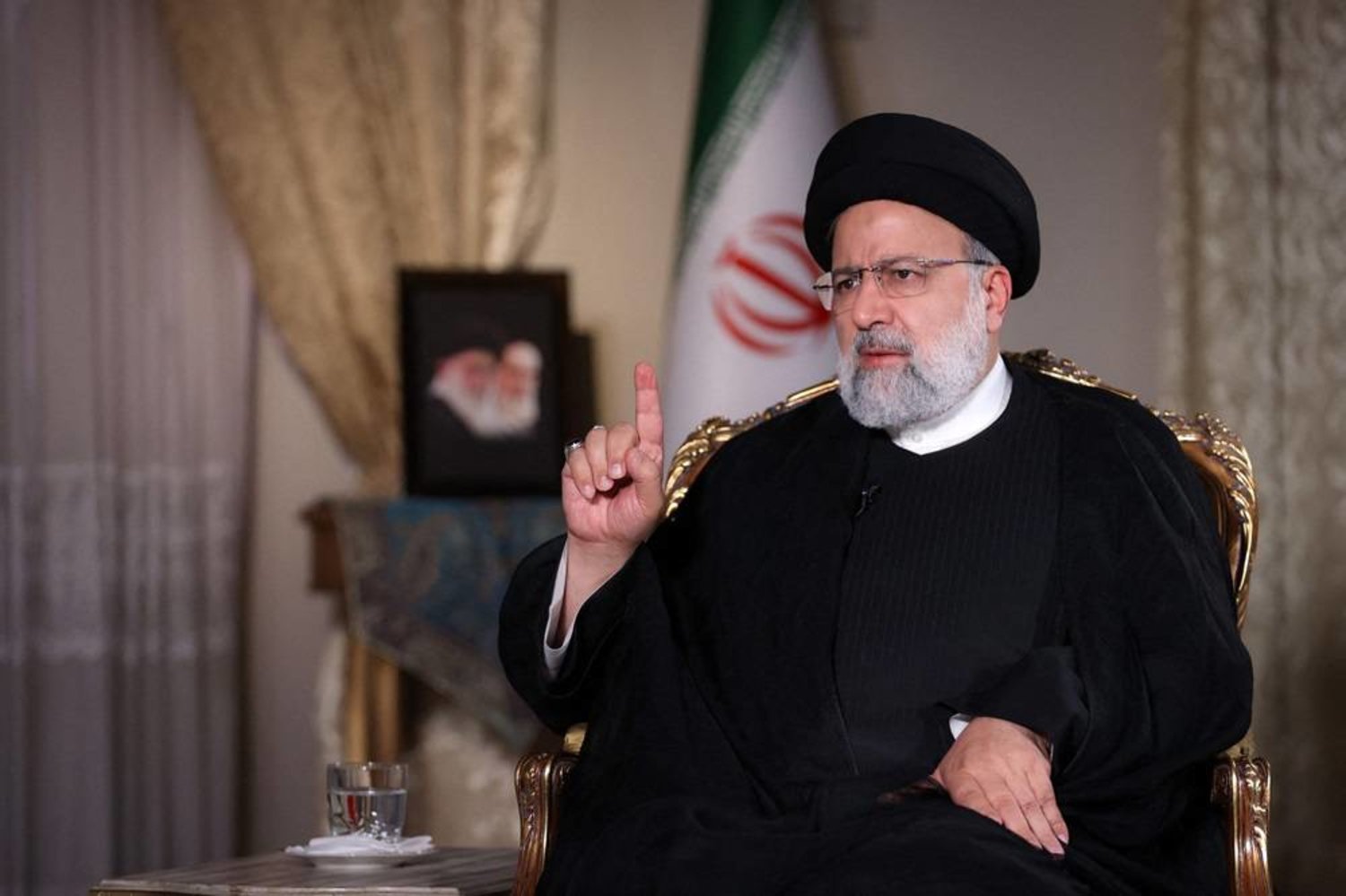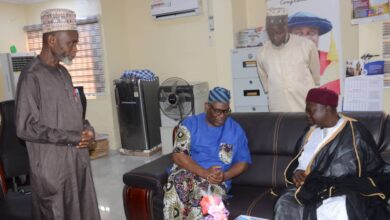NAHCON: For the Attention of Nigerian Pilgrims

By Fatima Sanda Usara
By first week of July, the Saudi Arabian airspace would begin to receive pilgrims from different countries, signifying onset of 2019 Hajj season. All things being equal, NAHCON is honoured to be among those whose pilgrims will be making early entrance for the pilgrimage within the first week of the season, 10th of July to be precise. Here are few developments that pilgrims should expect in 2019 Hajj operations.

Each pilgrim that has completed initial payment of Hajj fares for 2019 slot should expect a refund of a little over N51, 000. Cumulatively, Nigerian pilgrims have been saved payment of about N3,326,079,250 (three billion Naira, three hundred and twenty-six million, seventy-nine thousand, two hundred and fifty), through thisdiscount. Considering the huge cumulative amount, declaring the discount itself is considered a testimony of NAHCON leadership’s stance on accountability and transparency.
Another expectation is, if Saudi Arabian authorities conclude arrangements to screen pilgrims from across their res
Security is paramount in Hajj operations. And this the Commission knows very well. A security analyst discerned that after electioneering periods, Hajj season is the next most security challenging times for Nigerian security apparatus. Indeed, the two occasions propelmovement of large number of people at the same time, creating room for people with dangerous motives to try to unleash their wicked machinations. It is hence the responsibility of government to anticipate and apprehend evil plots in order to protect each Nigerian going forth to cast his vote or going forth to participate in Hajj.
Thus pilgrims and their escorts must bear thorough security screening during this year’s Hajj convergence. Access restriction at the vicinity of the pilgrims’ camps shall be maximized. Movement of people will be controlled around Hajj tran
Directives have been given for any essential service and facility to be put in place in Hajj camps and departure centres to forestall hoodlums from gaining access to pilgrims under the pretext of helping them with such necessities.
Same security surveillance will be extended to the Nigerian pilgrims in Makkah and Madinah
At departure times in both Nigeria and Saudi Arabia, pilgrims must bear in mind that certain clearance procedures demand extra hours stay in the airports or departure centres. They should understand that they might not leave for their destination within 12 hours of being called to camp, not due to inefficiency but as a screening procedure. In Saudi Arabia for instance, it may take a maximum of 24 hours before pilgrims set off for Nigeria after being called to converge for the return trip. In Nigeria, it may also take up to 24 hours which, may be worsened by some pilgrims’ reluctance to assemble in the Hajj camps when being called to do so. And since the airlines will not be expected to fly with little number of persons on board, the waiting time is prolonged. Apart from these reasons, there may be others such as disorderliness by the pilgrims which often leads to temporary cessation of screening until they comport themselves. To ease stress of waiting time before departure for pilgrimage is one of the reasons why NAHCON is erecting hotel facilities across all Hajj transit camps in the country to make the wait as comfortable as possible.
Hence, pilgrims’ gentility is necessary both within and outside the country. Proper comportment at the airports fast-tracks clearance and onward movements, it eases work of the security personnel, Hajj managers and other stakeholders. It also projects a positive image of the country such that elicited various commendations for Nigerian pilgrims in the previous year.
During days of Hajj rites, pilgrims are expected to await directives from their state officials pertaining when to proceed for Jamrat stoning and Tawaf. According to Saudi Arabian sources, the two rituals will now be delimited to control over–crowdedness.
Pilgrims travelling through private Tour Operators should expect to pay a little extra for rail transportation to Makkah. It was observed that these categories of pilgrims usually arrive the Kingdom late when most transport companies have leased out their vehicles. The arrangement is therefore to accommodate insufficiency of buses occasioned by increased movement of pilgrims during the period leading to ayyamul tashrie (days of Hajj rites).
On a final note, it is hoped that the feeding arrangements put on ground for Nigerian contingent will satisfy and impress them. It is the hope of the Commission that pilgrims will enjoy dishes from indigenous cuisines to be prepared by Nigerian hands in collaboration with their Saudi Arabian business counterparts. Besides, there is provision for special diets. However, if the dishes fail to satisfy our pilgrims, specific complaints are welcome. The details in the complaint should include the state where the meal was served, time, type and reason for the disapproval.
*Usara writes from NAHCON.









